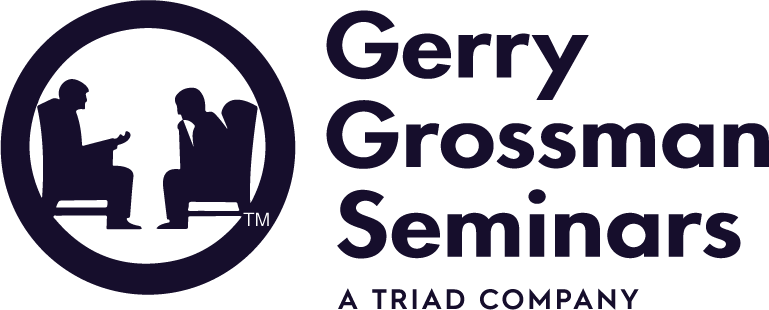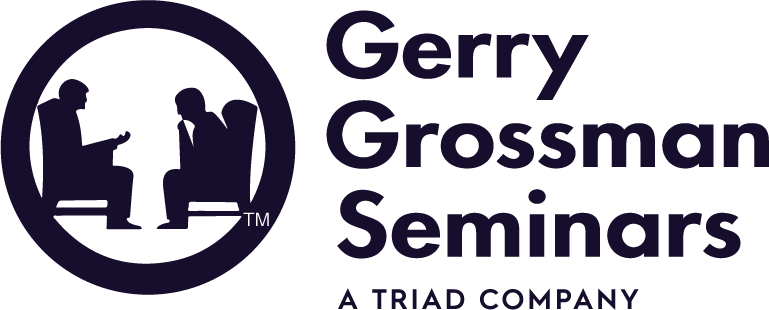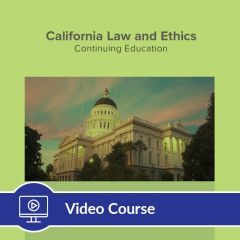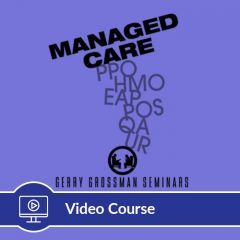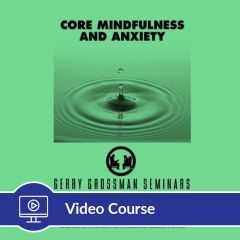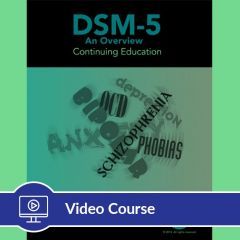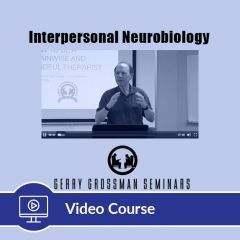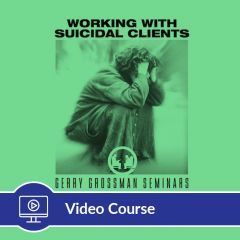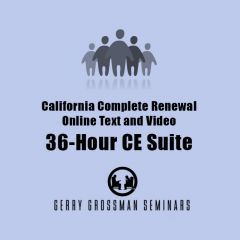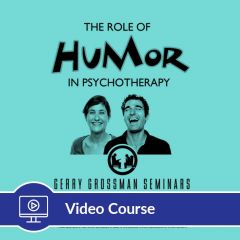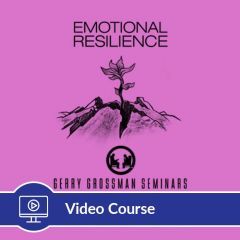6-Hour LPCC Supervision CE Bundle Online Text-based Course (6 CE)
Strategies with Couples (3 CEs)
Authors: Mary Ella Viehe, Ph.D, LMFT, Jazmin Zane, MSW, LCSW
Target Audience: Introductory and Intermediate; LMFTs, Social Workers, LPCCs, Nurses, Substance Abuse Counselors, and other mental health clinicians.
Upon completion of this course, participants will be able to:
- Identify common conceptualizations of the reasons that couples experience conflict.
- Educate clients about behavior techniques effective in working with couples.
- Integrate a variety of treatment modalities and techniques to suit the needs of the client.
- Develop goals and interventions for typical problems brought to couples' therapy.
Affairs: Helping Couples Heal (3 CEs)
Affairs represent a significant stressor in a couple's relationship. Affairs are one of the most commonly cited reasons why couples dissolve their relationships, and helping couples cope with affairs and discover the underlying dynamic that lead to the affair is an integral part of couples therapy. This presentation is designed to assist clinicians in working with couples that have been impacted by affairs.
The topics covered include the factors which contribute to affairs, such as workplace and online affairs, and precipitating dynamics within the relationship. Treatment issues specific to the betrayed partner such as "post-infidelity stress disorder", coping with shattered expectations and expressing feelings are presented. Treatment issues related to the unfaithful partner are also described, including developing accountability and openness, contacting the former lover, and exploring the meaning of the affair. For those couples who decide to stay together, therapists also learn some clinical approaches for helping them to build trust and repairing the affair's impact on children.
Authors: Patricia Patton-Lehn, Ph.D., Mary Ella Viehe, Ph.D., LMFT
Target Audience: Introductory and Intermediate; LMFTs, Social Workers, LPCCs, Nurses, Substance Abuse Counselors, and other mental health clinicians.
Upon completion of this course, participants will be able to:
- Diffuse the immediacy of the conflict between the couple.
- Facilitate exploration of the factors that led to the affair and the subsequent feelings of betrayal, depression etc.
- Create manageable steps for the couple working through an affair.
- Assist couples who are desirous of staying together in fostering a stronger relationship to help prevent future affairs.
Cognitive Behavioral Therapy with Couples (3 CEs)
This course explores "the cognitive revolution" and how to use it to enhance therapy with couples. Building on the work of Dr. Aaron T. Beck, this study will increase your understanding of how clients misjudge and misunderstand each other in the areas of cognition, affect and behavior. It directs the couples therapist through the assessment phase , as well as utilize cognitive-behavioral concepts as they impact couples. Included are behavioral treatment modalities for problem-solving and communication as well as emotional interventions that address how emotions are expressed and contained for particular couples.
Author: Nancy Klein, M.A., LMFT
Target Audience: Introductory and Intermediate; LMFTs, Social Workers, LPCCs, Nurses, Substance Abuse Counselors, and other mental health clinicians.
Upon completion of this course, participants will be able to:
- Identify the mechanisms of cognition (i.e. assumptions, expectations, perceptions, schemas, attributions) that contribute to couples’ early bonding and later distortions (e.g. labeling, negative frames, generalizations, etc.)
- Explain the unique pressures and dynamics that intimate relationships exert on cognitions, affect, and behavior, to exaggerate each partner’s reactions and contribute to distress.
- Assess a couple’s communication and presentational issues to discern their implicit assumptions and expectations; assess for a couple’s suitability for Cognitive-behavioral therapy.
- Utilize behavior- and affect-based interventions to help couples communication, problem-solve and improve positive reciprocity.
Advantages of taking Gerry Grossman Seminars at-home CE courses:
- Online courses offer the post-test online for instant course completion.
- You can repeat the post-test if you don't pass.
- Online courses are available to you immediately after purchase.
- California LMFTs, LCSWs, LPCCs and LEPs can fulfill 100% of their CE hours online.
